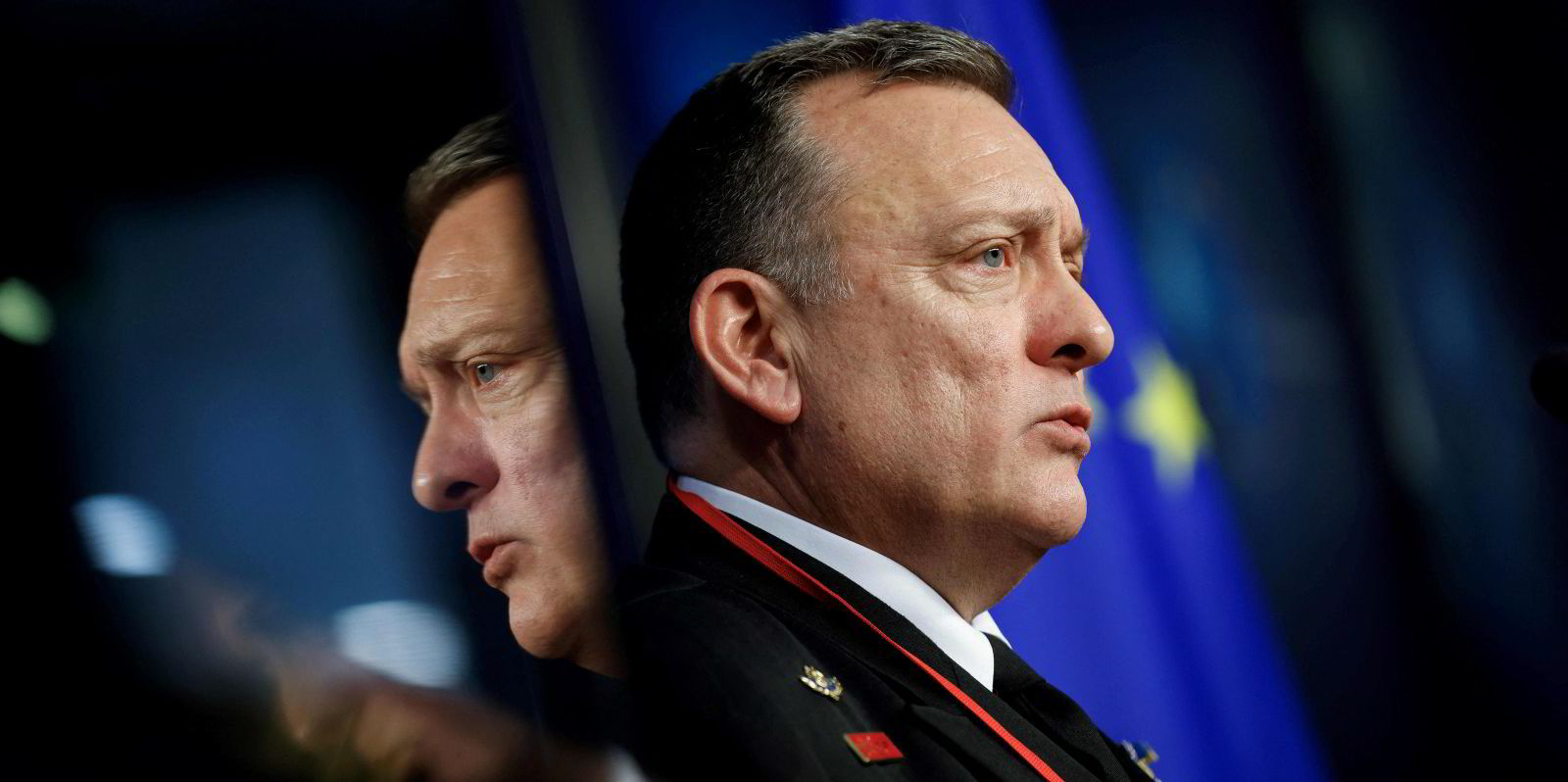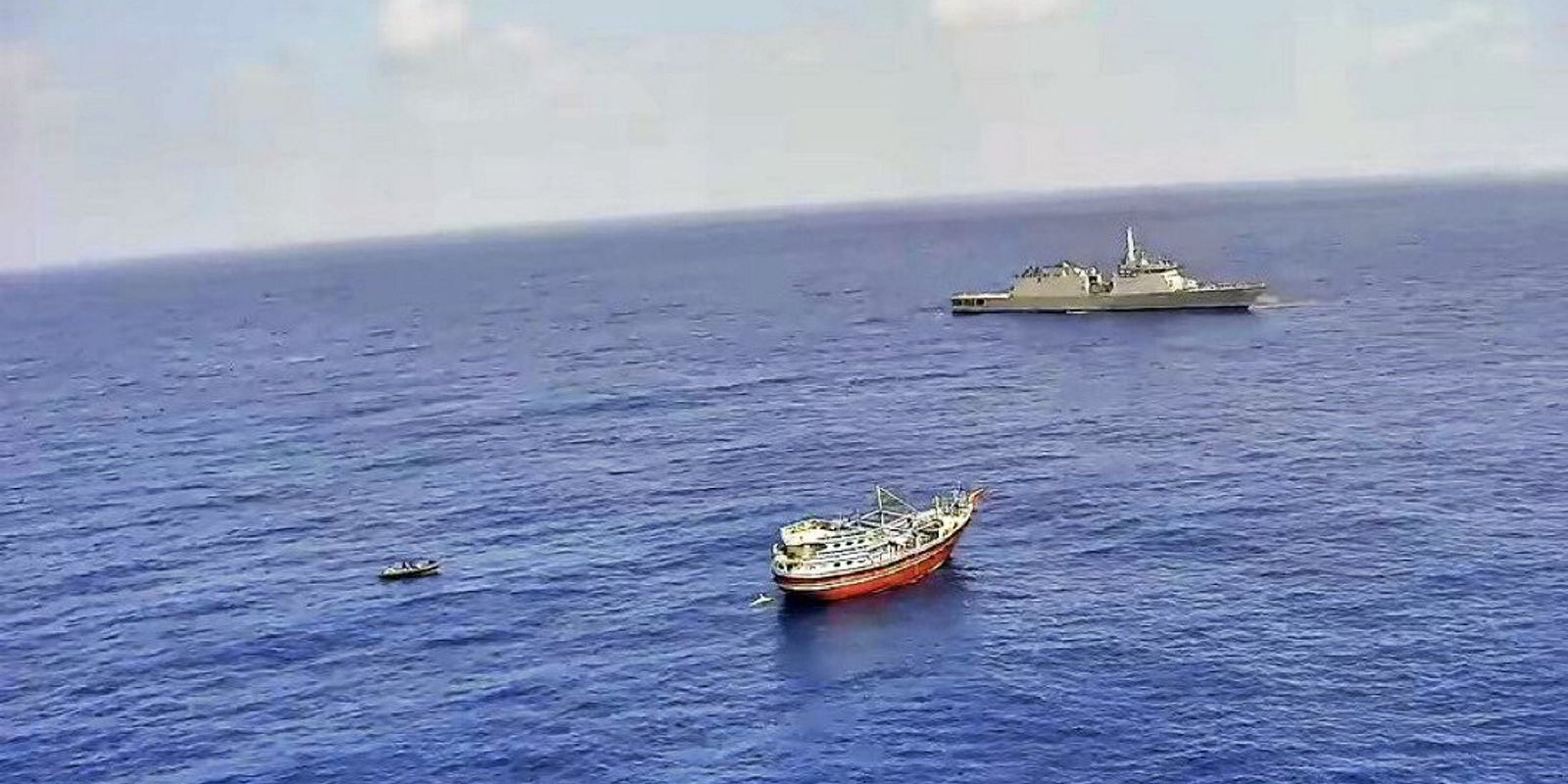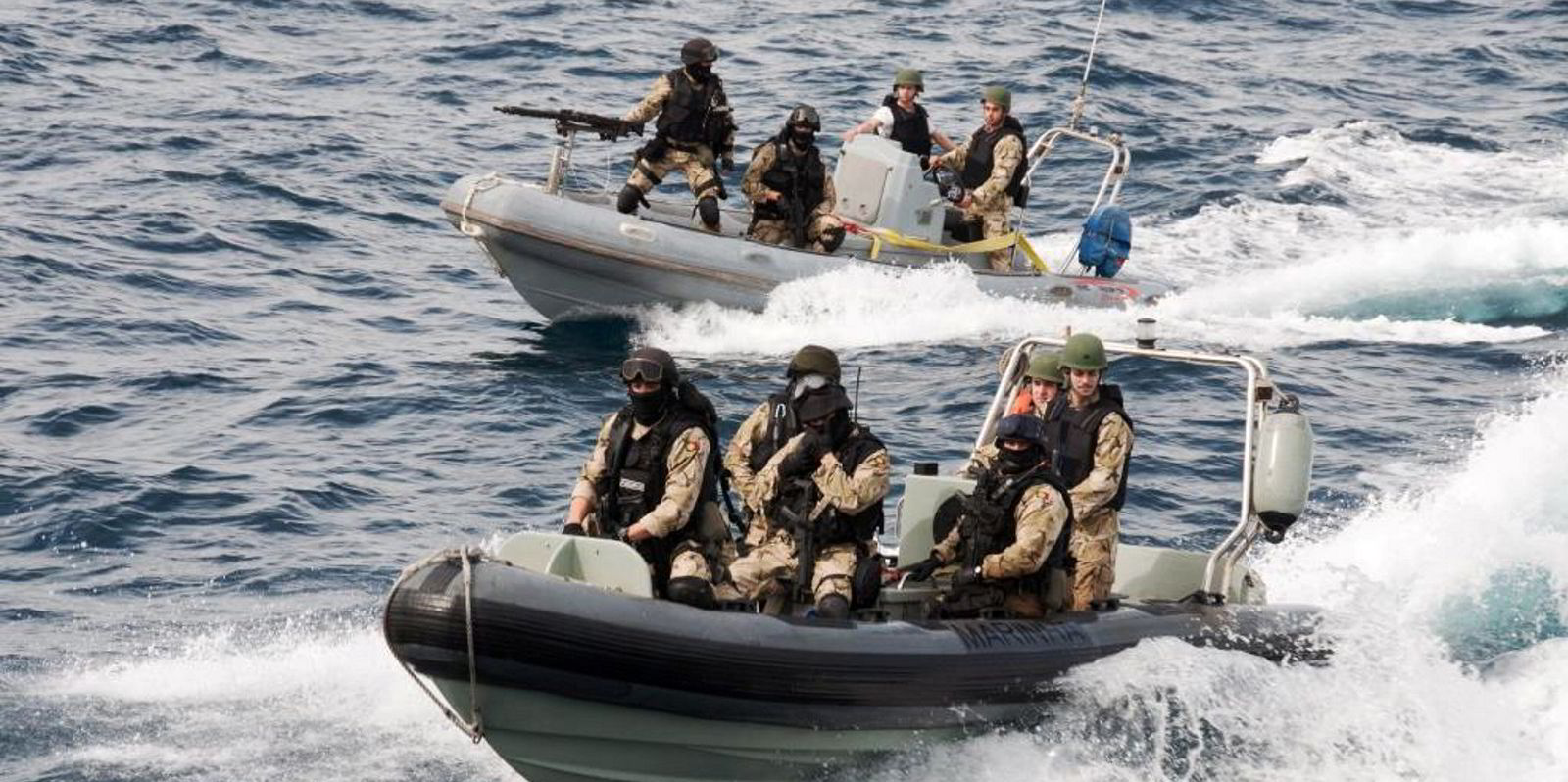The European Union is tightening links with nations fighting piracy in the western Indian Ocean and Gulf of Aden.
It will become an observer at the 20-nation Djibouti Code of Conduct as it tackles piracy and human trafficking in the region.
The EU said the move “signals its strong support for an effective regional maritime security architecture while strengthening its presence and engagement as a global maritime security provider”.
The announcement did not include a promise of cash or ships, but the EU’s naval force has previously said it would consider boosting its presence if commercial vessels return to the Red Sea amid continuing attacks by the Iran-backed Houthi rebels in Yemen.
The Djibouti Code includes Somalia, the internationally recognised government of Yemen and Saudi Arabia — all states vital to the safety of shipping in the region.
International Maritime Organization secretary general Arsenio Dominguez said in February that he had held discussions with the grouping on how they could adapt to the twin challenges of a potential uptick in piracy and dozens of attacks by the Houthis against commercial shipping since last November.
The talks centred around improving security for shipping, including using funds from wealthier nations.
This month, the head of the EU naval operation in the Red Sea said more warships would be needed if merchant vessels demand greater protection from the Houthi rocket attacks.
The EU has backed a one-year mission called Aspides in the highest-risk areas of the southern Red Sea, but the $8.7m operation includes only four frigates.
EU foreign policy chief Josep Borrell said this month: “We are not engaged in any operation against the Houthis on land. Our vessels operate in self-defence and to protect targeted ships.
“It has to be clearly stated because transparency and openness to regional actors has been our priority since we started preparing this operation.”
Western naval forces have focused on tackling the Houthi threat, raising concerns that in the turmoil, pirates will be encouraged to hijack vessels.
Dominguez has warned that piracy could become a growing problem for ships forced to divert from the Red Sea to steam around the Cape of Good Hope.
A separate EU mission, Atalanta, is aimed at tackling piracy and has two warships, one Italian and one Spanish.
The mission warned this month that the reported payment of a $5m ransom to free a bulker, the 58,100-dwt Abdullah (built 2015), owned by steel group KSRM, could embolden pirates.
Read more
- French frigate repels Houthi missile salvo targeting boxship in Red Sea (Video)
- Greek war ship joins anti-Houthi action, downing drones off Yemen
- True Confidence salvage protected amid massive Houthi drone attack
- ‘Even if we blow everything up, they wouldn’t care’: Houthis push Red Sea battle into a more tense phase
- Houthis claim their first ship sinking as EU launches naval force







